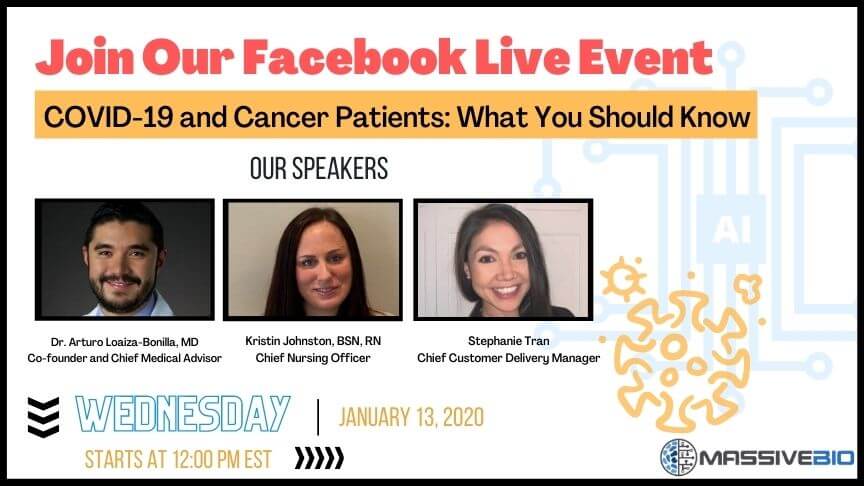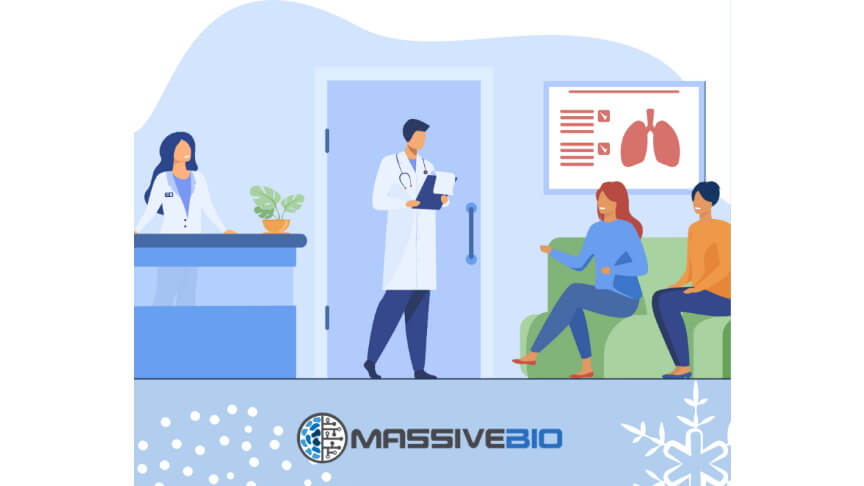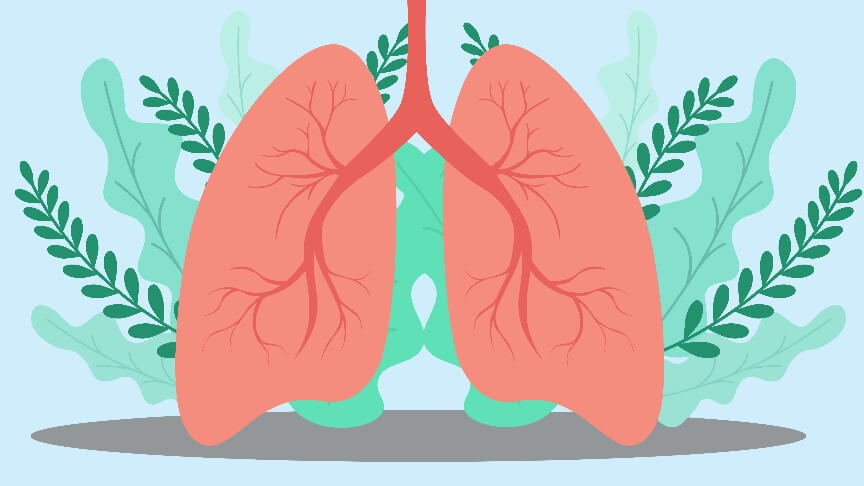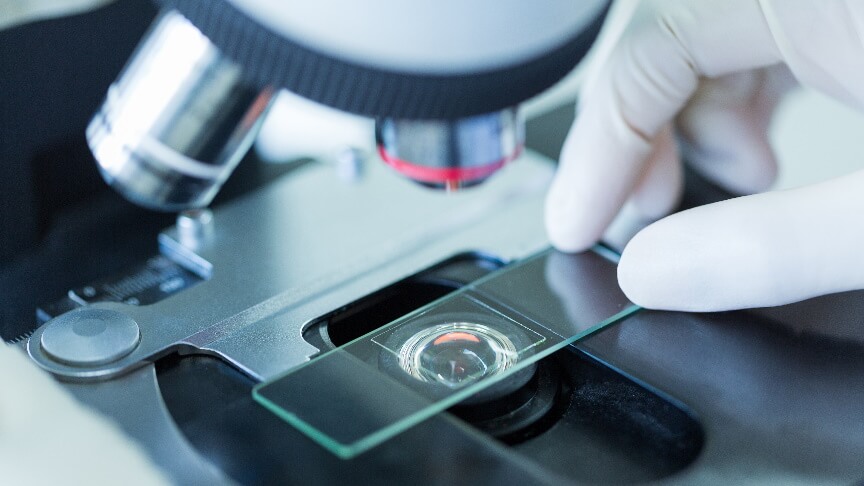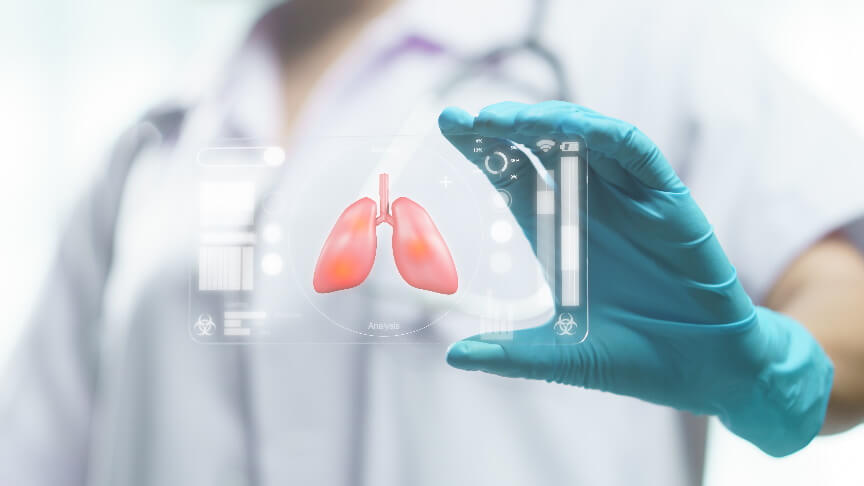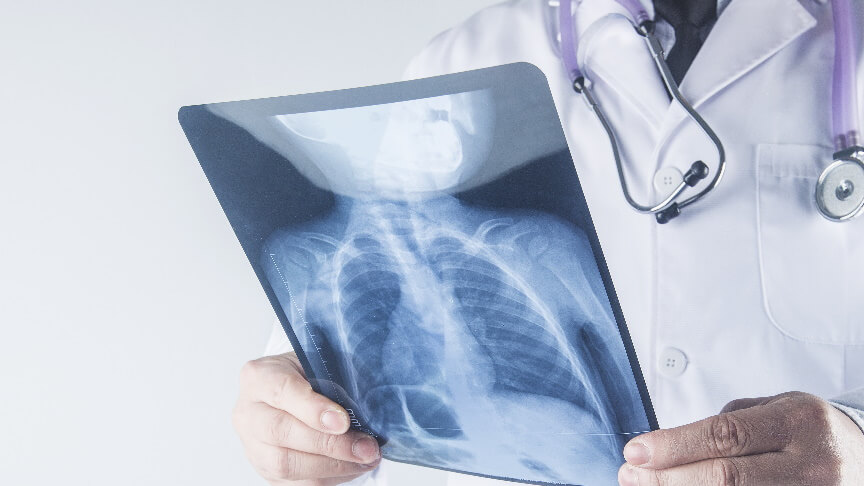COVID-19 and Cancer Patients: What You Should Know
COVID-19 and Cancer Patients: What You Should Know
The Facebook live event, COVID-19 and Cancer Patients: What You Should Know, was hosted by Massive Bio on January 13, 2021. The live event featured interviews about COVID-19 and its effect on cancer patients from Massive Bio medical experts. Guests included Massive Bio’s Co-founder and Chief Medical Advisor, Dr. Arturo Loaiza-Bonilla, MD; Chief Nursing Officer, Kristin Johnston, BSN, RN; and host Chief Customer Delivery Manager, Stephanie Tran.
Massive Bio is tackling the inefficiencies of clinical trials during the COVID-19 pandemic for cancer patients and their physicians. Our AI-precision technology will pre-screen your unique profile over 125 different parameters to make sure you are eligible before you need to travel to visit the trial site. Paired with modern technology, our dedicated team of patient advocates help to make sure all your patient needs are met during the cancer journey, saving you time and reducing your exposure to viral infection.
Topics covered include:
Enrolling in clinical trials during the COVID-19 pandemic
COVID-19 vaccine
Virtual Cancer Care Services
If you are looking for information about how COVID-19 effects cancer patients in life, treatment, clinical trials, diagnosis and more, Read more “COVID-19 and Cancer Patients: What You Should Know”

